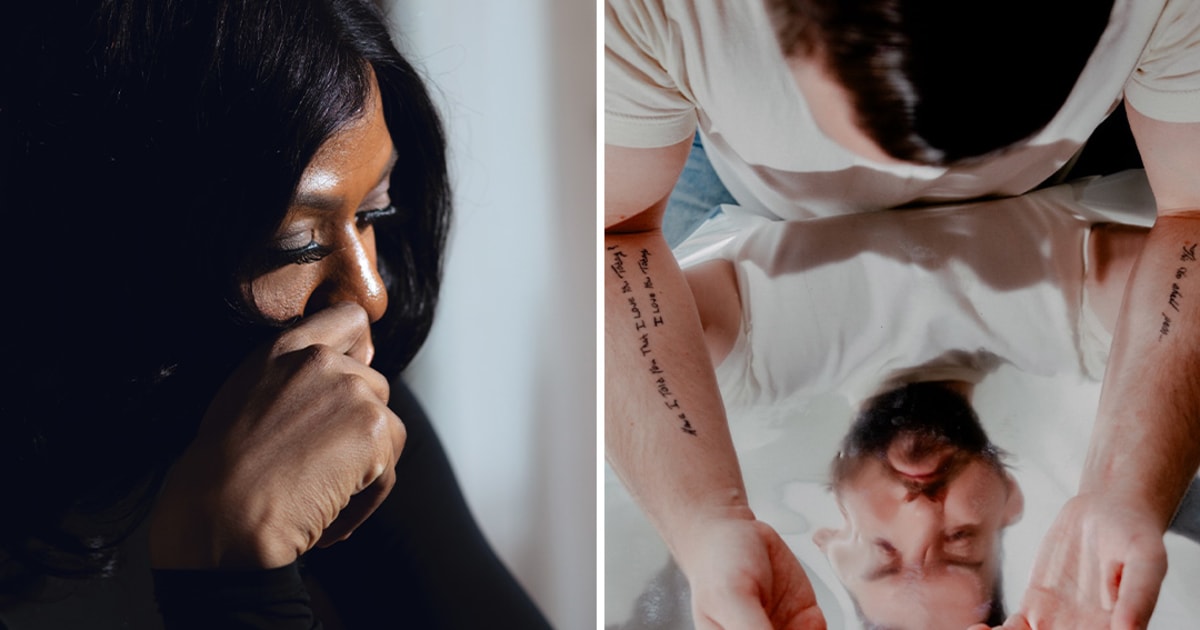Swift-Godzisz is among the 1 in 3 adults in the United States who have suffered from religious trauma at some point in their life, according to a 2023 study published in the Socio-Historical Examination of Religion and Ministry Journal. That same study suggests up to 1 in 5 U.S. adults currently suffer from major religious trauma symptoms.
Religious trauma occurs when an individual’s religious upbringing has lasting adverse effects on their physical, mental or emotional well-being, according to the Religious Trauma Institute. Symptoms can include guilt, shame, loss of trust and loss of meaning in life. While religious trauma hasn’t officially been classified as a mental disorder in the Diagnostic and Statistical Manual of Mental Disorders (DSM), there is debate among psychiatrists about whether that should change.
Experts say LGBTQ people — who represent more than 7% of the U.S. population, according to a 2023 Gallup poll — experience religious trauma at disproportionate rates and in unique ways. Very little research has been done in this field, but a 2022 study found that LGBTQ people who experience certain forms of religious trauma are at increased risk for suicidality, substance abuse, homelessness, anxiety and depression. And as political animus toward the LGBTQ community intensifies ahead of the 2024 presidential election, many queer people say their pain is resurfacing.



I’ll chime in with my life as an anecdote. I was raised very conservative Baptist in the south and those paragraphs above describe my feelings exactly. I was constantly questioning my feelings, being told that what I felt was evil and wrong. It’s something I’ve had to struggle with my whole life. I’m much better now after years of counseling, but I still deal with feelings of guilt and fear of public judgement.
A very good friend of mine has a similar story. I also spent way too much time in an evangelical church in my 30s and have the damage to prove it.